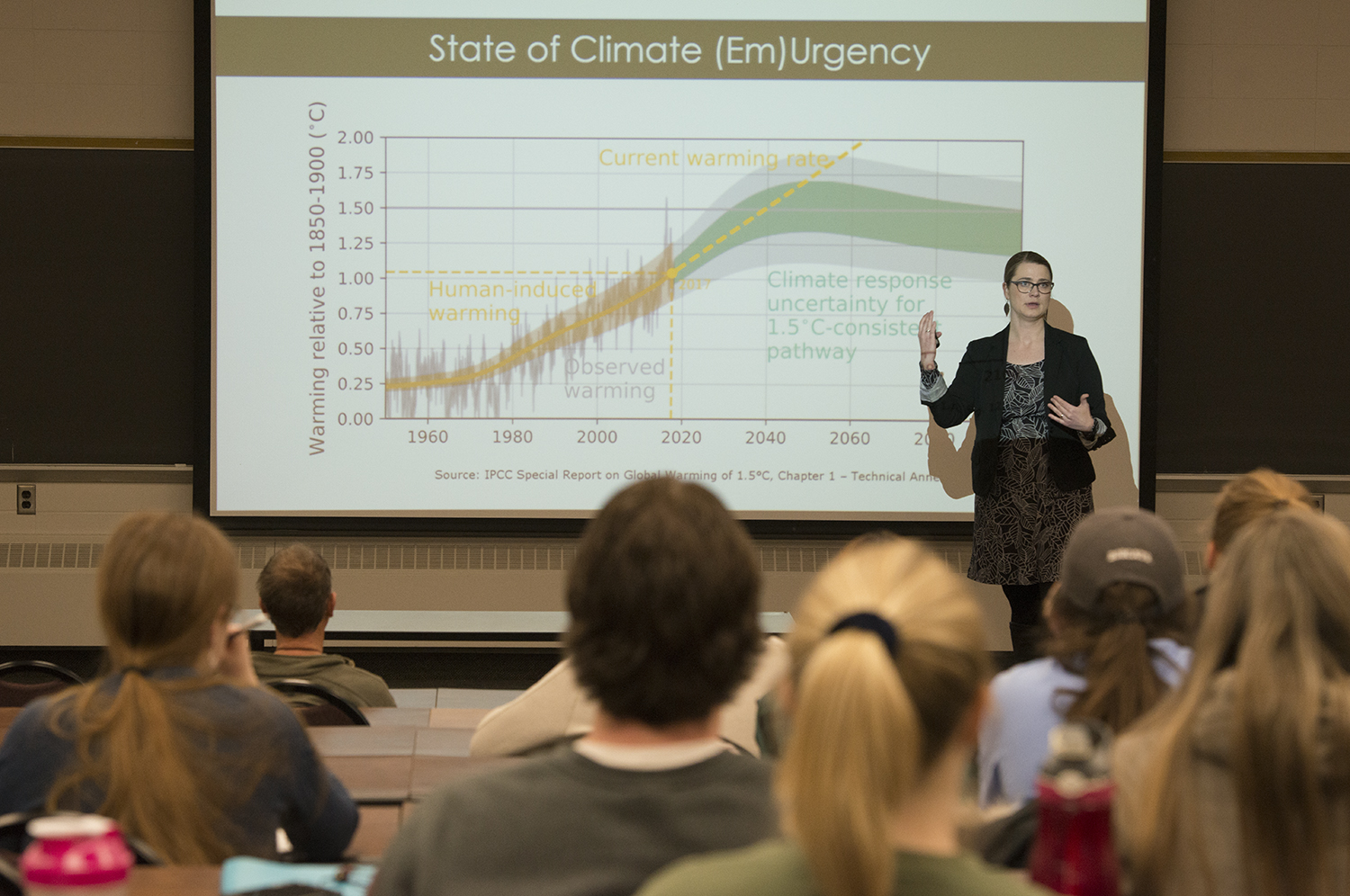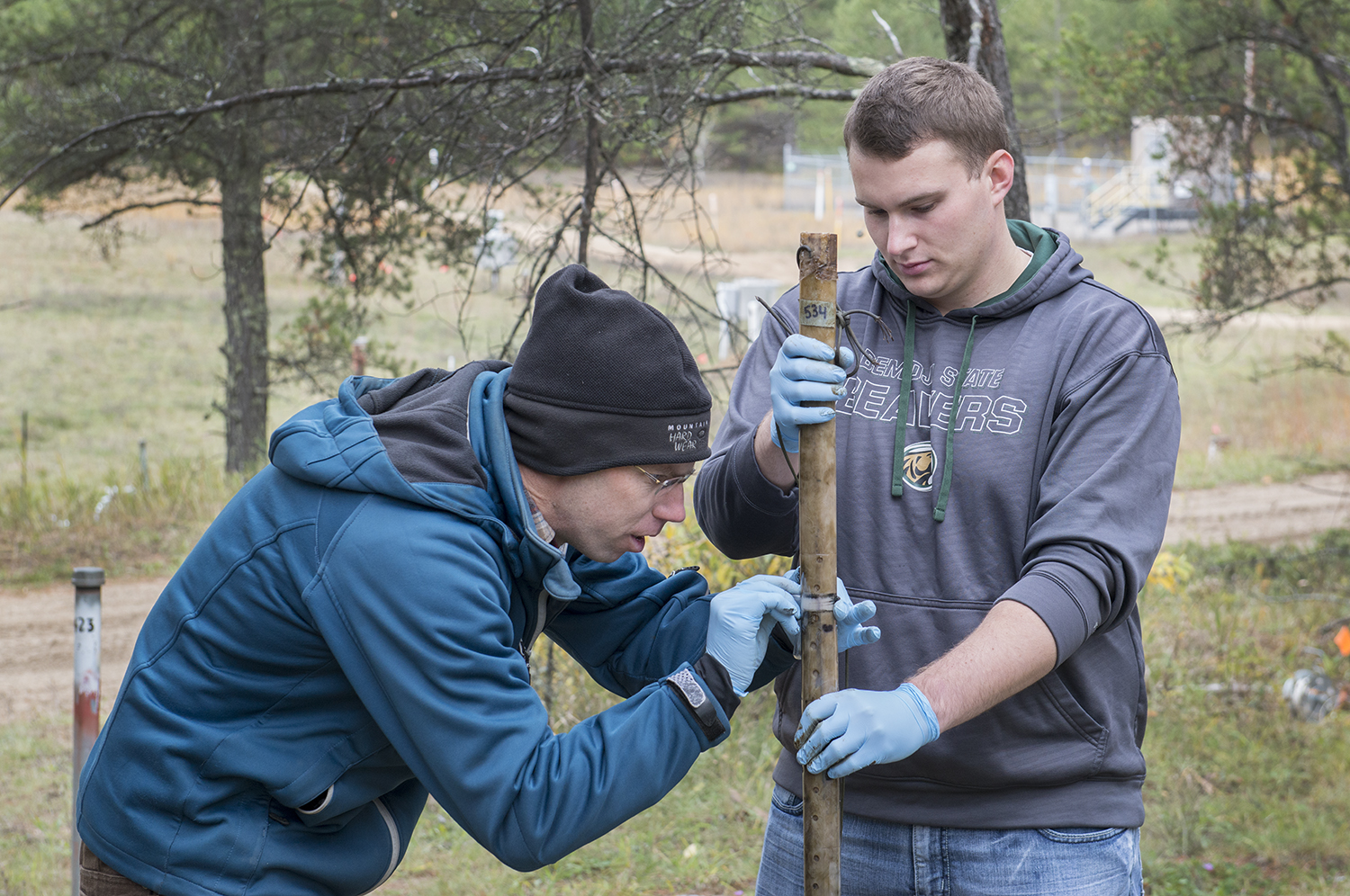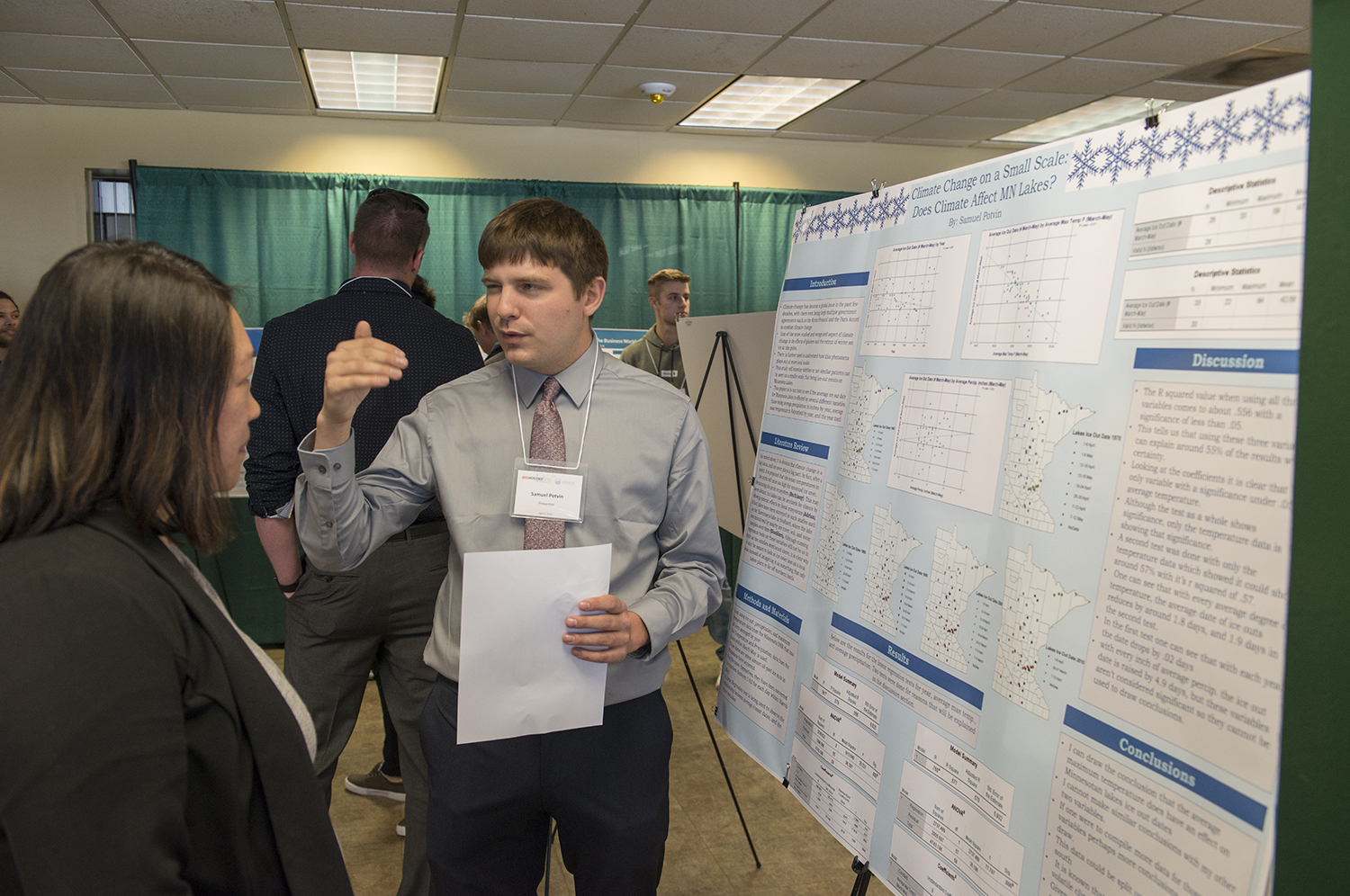Starting Fall 2022, Bemidji State University’s integrated media and environmental science departments will offer a new interdisciplinary degree program in environmental communication, the first of its kind within the Minnesota State system of colleges and universities.
The degree program – which has major, minor and certificate options – will offer students coursework in science, mass communication, interpersonal communication, political science and social and cultural understanding. It will help students develop an in-depth understanding of environmental issues and teach them to interpret and communicate scientific research for diverse audiences.

Dr. Carl Isaacson, associate professor of environmental studies and chair of BSU’s Center for Sustainability Studies, said communicating environmental science to the general public is a challenge that many organizations face.
“The new environmental communications degree will teach students how to most effectively communicate complex and evolving environmental topics to people with different worldviews,” he said.

Isaacson said environmental scientists are increasingly asked to communicate their research, which has led to a need for professional communicators who can explain environmental issues in a non-biased, fact-based way. Bemidji State’s environmental communication degree will train students on how to best inform the general public and policymakers on environmental issues which can, in turn, affect how environmental decisions are made.
Dr. Ashik Shafi, assistant professor of integrated media, said the environmental communication program will prepare students for careers in numerous fields that can benefit our local and statewide communities.
“This program introduces students to both scientific knowledge and communicative skills regarding environmental issues,” he said. “As Minnesota has a strong tradition of environmentalism, such skills and knowledge would be useful in a variety of industries and non-profit sectors.”

To best serve communities across the state and nation, Dr. Anna Carlson, assistant professor of environmental studies, said students in the program will take courses that teach them how to engage with various cultures and populations so they can better understand how values may impact the way people view environmental issues.
“Today we find ourselves in increasingly polarized conversations with people of different backgrounds, perspectives and opinions. Yet we are called on to make decisions today that will have consequences for many generations to come,” she said. “Students completing a degree in environmental communication will be well prepared to enter the workforce and broader world with tangible skills to build a sustainable future for all.”
Contact:
Link:
2021-B-093
